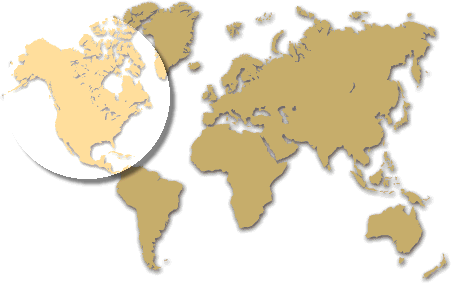 Soft balancing against the United States is on the rise and the next President will face a myriad of challenges in asserting American influence, so argues Parag Khanna. His article in the New York Time Magazine this week encapsulates a vast swath of recent history and developments in geopolitics, particularly across the second world.
Soft balancing against the United States is on the rise and the next President will face a myriad of challenges in asserting American influence, so argues Parag Khanna. His article in the New York Time Magazine this week encapsulates a vast swath of recent history and developments in geopolitics, particularly across the second world.
In the future he sees a security and soft power competition among three major powers, the United States, China, and the European Union. His prescription for the coming battle over influence, create a diplomatic industrial complex.
"Pentagonize the State DepartmentDiplomacy, too, requires the equivalent of geographic commands ‚ with top-notch assistant secretaries of state to manage relations in each key region without worrying about getting on the daily agenda of the secretary of state for menial approvals. Then we'll be ready to coordinate within distant areas."
"Regional institutions are thriving in the second world ‚ think Mercosur(the South American common market), the Association of Southeast Asian Naitons (Asean), the Gulf Cooperation Council in the Persian Gulf. We need high-level ambassadors at those organizations too."
"Condoleezza Rice's "transformational diplomacy' is a myth: we don't have enough diplomats for core assignments, let alone solo hardship missions. We need a Peace Corps 10 times its present size, plus student exchanges, English-teaching programs and hands-on job training overseas ‚ with corporate sponsorship."
In tackling public diplomacy, Khanna unleashes his "secret weapon," the American citizenry. "American foundations and charities, not least the Gates and Ford Foundations, dwarf European counterparts in their humanitarian giving; if such private groups independently send more and more American volunteers armed with cash, good will and local knowledge to perform "diplomacy of the deed,' then the public diplomacy will take care of itself."
While his plan is fresh and bold, it ignores the current state of affairs among the diplomatic corps. As my fellow blogger eloquently pointed out the State Department is facing cuts across the board, the opposite direction Khanna suggests we should be headed. That said, the ills at the State Department can be remedied by assurances from the next President. Until State receives word of the next President's priorities, I would advise a degree of caution in Khanna's comparison to that of the military-industrial complex. It did not happen overnight; likewise it would truly be a diplomatic revolution were it to be realized in the coming decade(s).
Go check out his thought-provoking article and anyone interested might want to purchase his forthcoming book, due out in March.